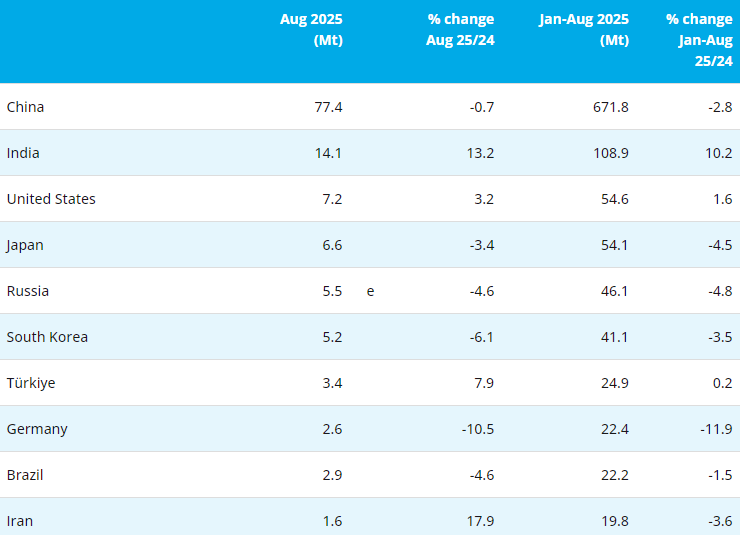Japan's new five-year science and technology program approved by the Cabinet on Friday has excluded references to an earlier draft that promoted next-generation nuclear technologies, reflecting the government's backpedaling on its atomic power policy amid the ongoing crisis at a crippled nuclear plant.
Noting the urgency of revising the nation's energy policy in the wake of the nuclear accident, the basic plan covering the five years through March 2016 instead stressed the need to develop renewable energy to deal with an anticipated power shortage, a stance in line with Prime Minister Naoto Kan's calls for shifting away from nuclear power.
Cabinet approval of the plan, initially scheduled at the end of March, had been postponed to allow the Council for Science and Technology Policy experts to revise an earlier draft that was outlined in December in response to the March 11 earthquake and tsunami disaster.
As a result, references to promoting research and development on fast-breeder reactor fuel cycle, including the Monju prototype, and the next-generation light-water nuclear reactor for practical use, were omitted.
Wording on promoting research and development in nuclear power was watered down as uncertainties remain over the government's energy and nuclear power policies. Kan, who said in July that Japan will review its energy policy from scratch and try to gradually reduce dependence on nuclear power, is expected to step down as early as the end of this month.
"Given that the nuclear power policy is to be essentially revised in light of the nuclear power plant accident, I think there will also be debates over fuel cycles and Monju," science and technology minister Yoshiaki Takaki told a news conference after Friday's Cabinet meeting.
Meanwhile, the basic plan calls for strengthening research and development in areas such as monitoring and decontaminating radiation spewed from the Fukushima Daiichi nuclear power plant.
Takaki said the new strategy places top priority on fields related to rebuilding the areas afflicted by the March 11 disaster and the ensuing nuclear crisis.
Acknowledging that Japan's risk and crisis management were flawed, as seen from the government's handling of the nuclear crisis, the plan states that research on how to protect the public in case of similar accidents involving nuclear power and other high-tech systems will be promoted.
The target for the government's overall research and development expenditure is set about 25 trillion yen, equivalent to 1 percent of the nation's gross domestic product, for the five years.
- [Editor:editor]



 Save
Save Print
Print Daily News
Daily News Research
Research Magazine
Magazine Company Database
Company Database Customized Database
Customized Database Conferences
Conferences Advertisement
Advertisement Trade
Trade

















Tell Us What You Think